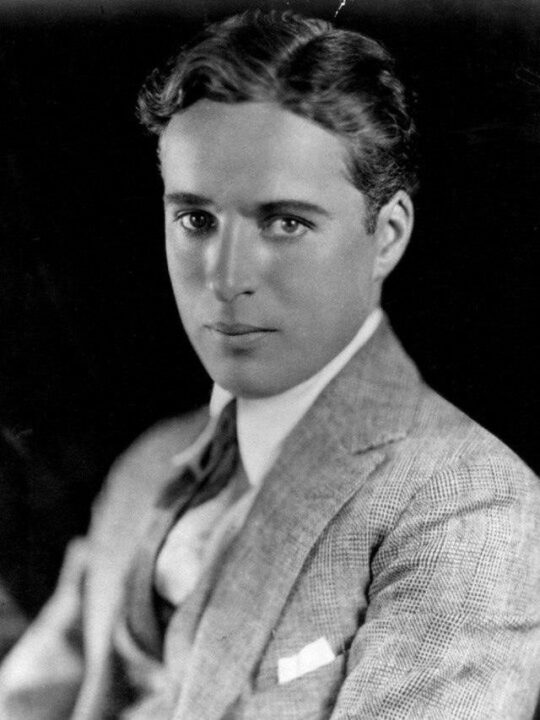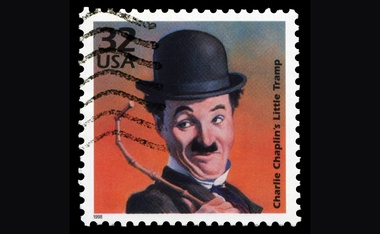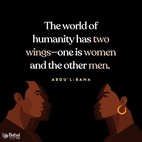The views expressed in our content reflect individual perspectives and do not represent the authoritative views of the Baha'i Faith.
Motion pictures, now ubiquitous in movie theatres, on TV sets, cameras, computers, and phones, were unknown prior to 1895. That one invention has literally changed the world in little more than a century.
Isn’t it astonishing what we human beings can discover and create? At one time Abdu’l-Baha explained:
So the telegraph, the photograph, the phonograph – all such great inventions and crafts were once hidden mysteries which that human reality discovered and brought forth from the invisible to the visible realm. There was even a time when this piece of iron before you, and indeed every mineral, was a hidden mystery. The human reality discovered this mineral and wrought its metal into this finished form. The same holds true for all the other discoveries and inventions of man, which are innumerable.
RELATED: The Spiritual Lessons in Acting
With the commercial, public screening of one of the Lumiere brothers’ short films in Paris on March 22, 1895, the breakthrough of projected cinematographic motion pictures began.
Their effect on children, youth, and adults since then can only be described as humongous. No longer restricted to our own cultures and countries, we can now see the entire world, daily, in films, TV shows, videos on social media, on YouTube, and elsewhere.

On a recent evening after a day of yardwork, I watched Chaplin, a 1992 film starring Robert Downey Jr. as Charlie Chaplin, or Sir Charles Spencer Chaplin Jr. KBE, one of the great pioneers of the early film explosion. Initially I thought of the movie as a Hollywood formula biopic about Chaplin’s renowned reputation as a hilarious actor in silent films of the 1920s. Little did I know, as I continued to watch Downey and the all-star cast, including Sir Anthony Hopkins, that Chaplin formed his own movie studio; wrote, edited, directed and or composed music for over 80 films; co-founded United Artists; was a Knight of the British realm; and wrote, directed, scored, and starred in one of the most important films ever made.
That satirical film, 1940’s The Great Dictator, went far beyond comedy to take on the entire subject of authoritarianism by satirizing fascism, dictatorship, antisemitism, and the Nazis. In it, Chaplin played two characters – the film’s hero, a Jewish barber from the ghetto; and its villain Adenoid Hynkel, an Adolf Hitler-like dictator. The Great Dictator began filming in September of 1939, six days after Hitler’s invasion of Poland.
Near the end of the film, the humble Jewish Barber, who has never given a public speech, is mistaken for the murderous dictator Hynkel. In his climactic speech in front of a large crowd, impersonating the dictator, he announces that he has had a change of heart, and delivers an impassioned speech for human unity, goodwill, freedom, and democracy.
The movie I watched only showed a reenactment of a clip from that famous speech, but later I had to hear Chaplin’s whole address as the dictator character. I found it on YouTube at https://www.youtube.com/watch?v=J7GY1Xg6X20 It still resonates today, especially when the world has produced so many dictatorial figures and still struggles with the battle between authoritarianism and freedom.
When it was released in the early days of World War II, The New York Times called The Great Dictator “a truly superb accomplishment by a truly great artist” and “perhaps the most significant film ever produced.” Chaplin arranged to send the film to Hitler, and an eyewitness confirmed that he saw it.
As a Baha’i and world citizen I found Chaplin’s monologue inspiring, especially these two lines: “We want to live by each other’s happiness — not by each other’s misery;” and: “I should like to help everyone … Jew, Gentile, black man, white. We all want to help one another. Human beings are like that.”
It reminded me of this 1974 passage written by the Universal House of Justice, the democratically-elected global leadership body of the world’s Baha’is:
… we must not allow ourselves to forget the continuing, appalling burden of suffering under which millions of human beings are always groaning — a burden which they have borne for century upon century and which it is the mission of Baha’u’llah to lift at last.
RELATED: Empowering Youth to Share Their Stories Through Film
It also reminded me so much of one of Abdu’l-Baha’s admonitions to the world, from an address he gave in Brooklyn in 1912:
Consider what a vast difference exists between modern democracy and the old forms of despotism. Under an autocratic government the opinions of men are not free, and development is stifled, whereas in democracy, because thought and speech are not restricted, the greatest progress is witnessed.
Chaplin’s contributions to the film industry in his many capacities were an enormous success, recognized by the Academy of Motion Picture Arts and Sciences in 1972. His Honorary Award cited “the incalculable effect he has had in making motion pictures the art form of this century.” On stage at 83, Chaplin received a standing ovation lasting 12 minutes, the longest in the Academy’s history. He passed away five years later in Switzerland.
Thank you, Sir Charles, Charlie to millions and millions, who gave us not only laughter and pathos, but helped show us the way to freedom from repression and war, too.

















Comments
Sign in or create an account
Continue with Googleor